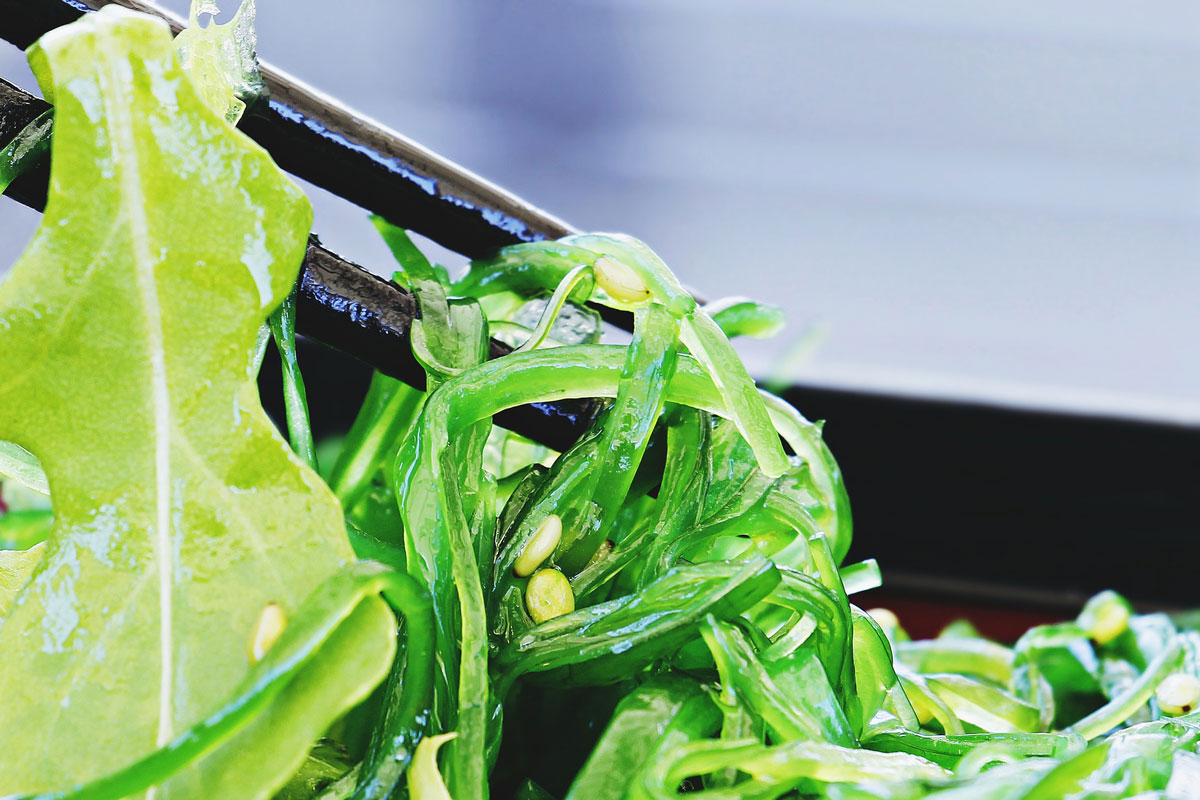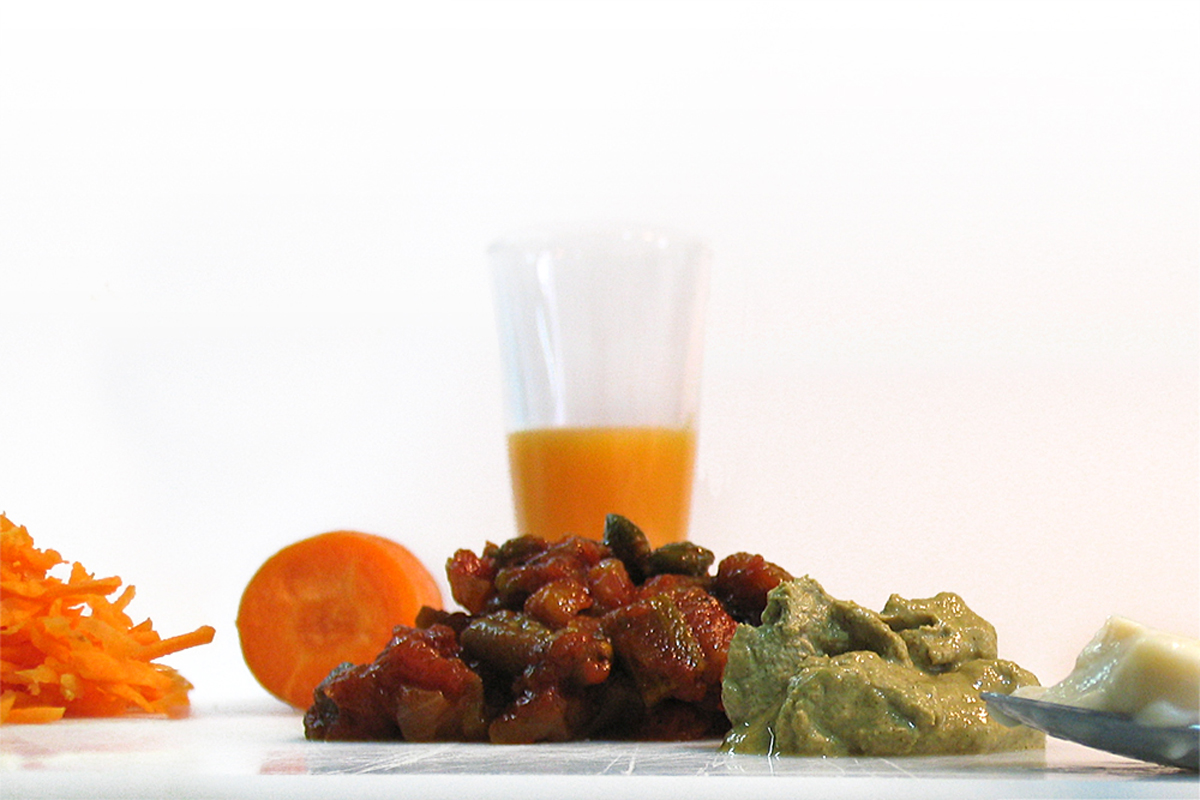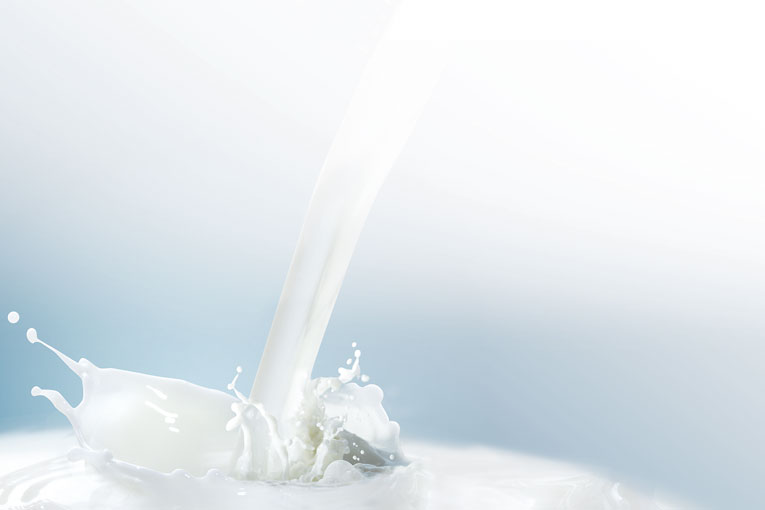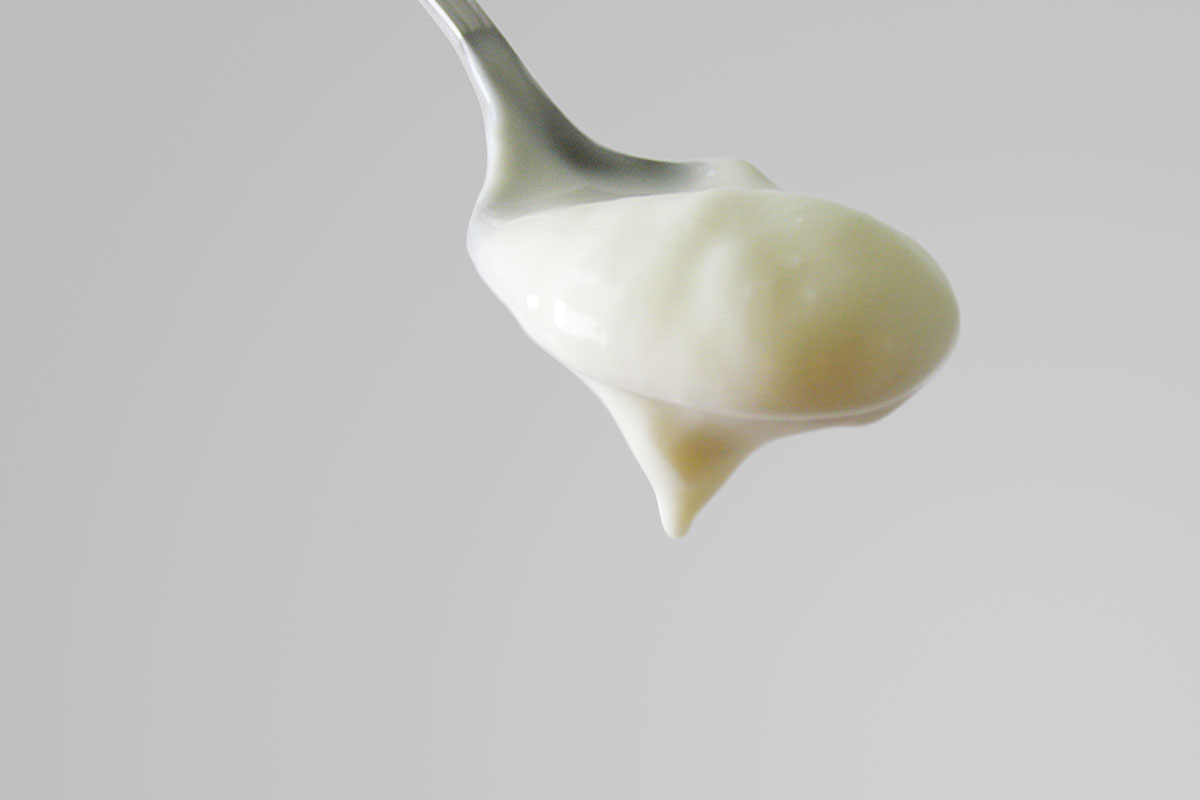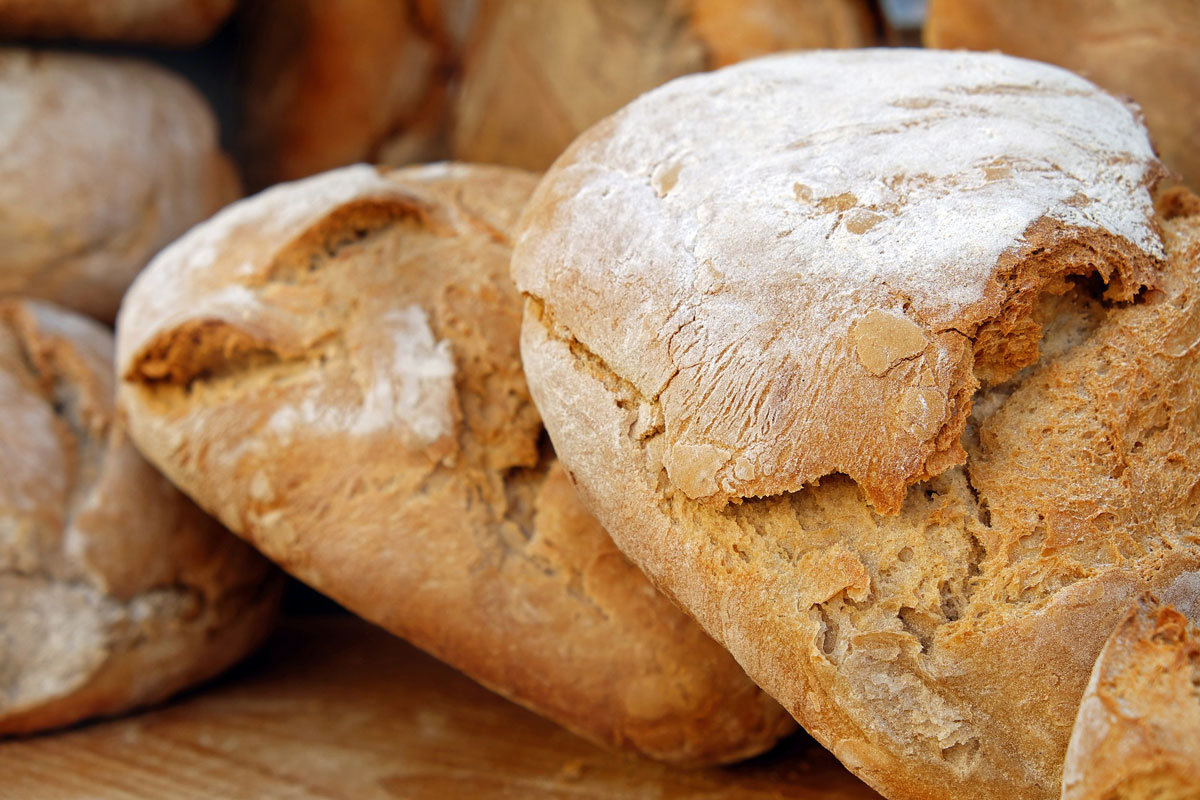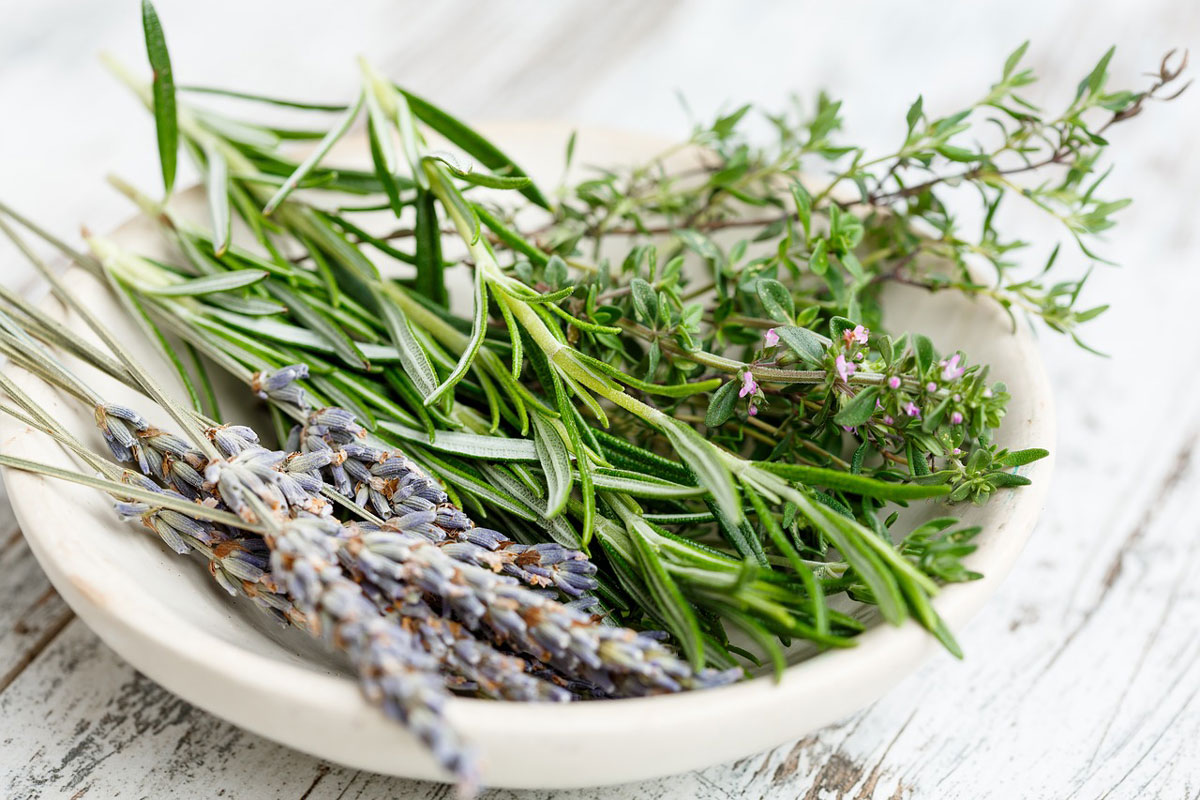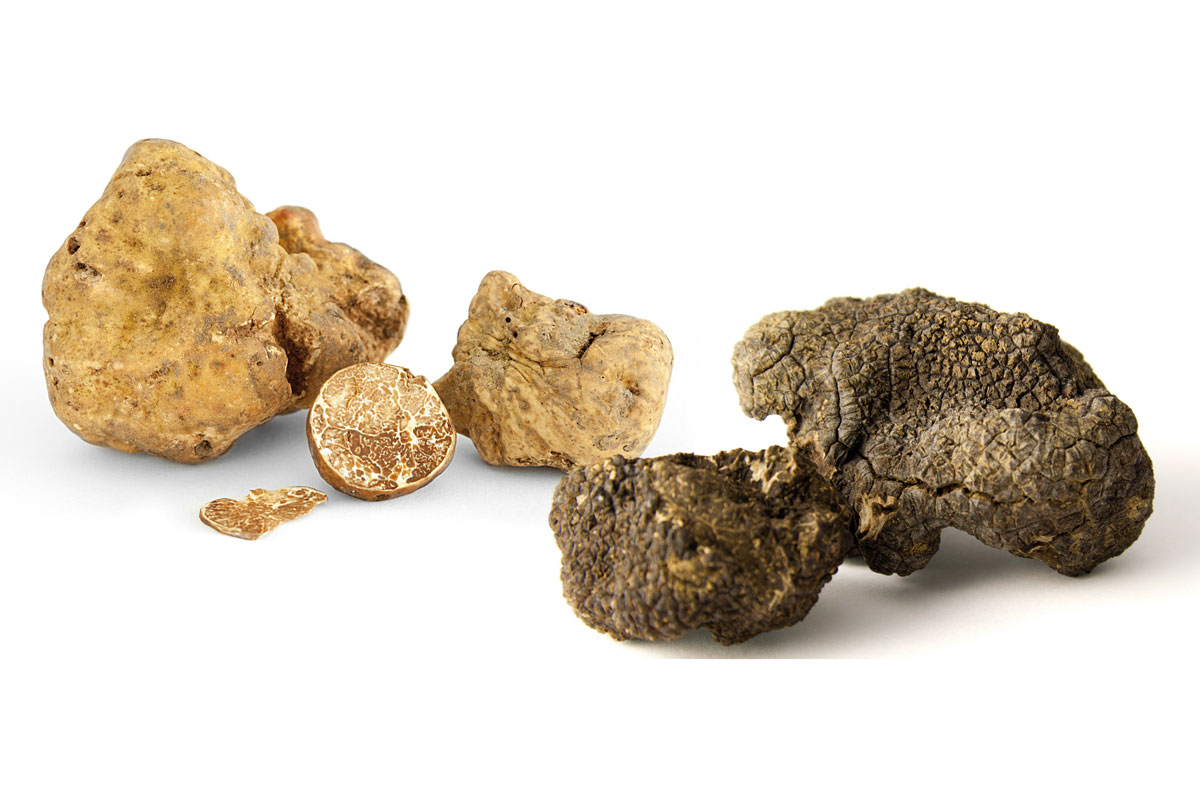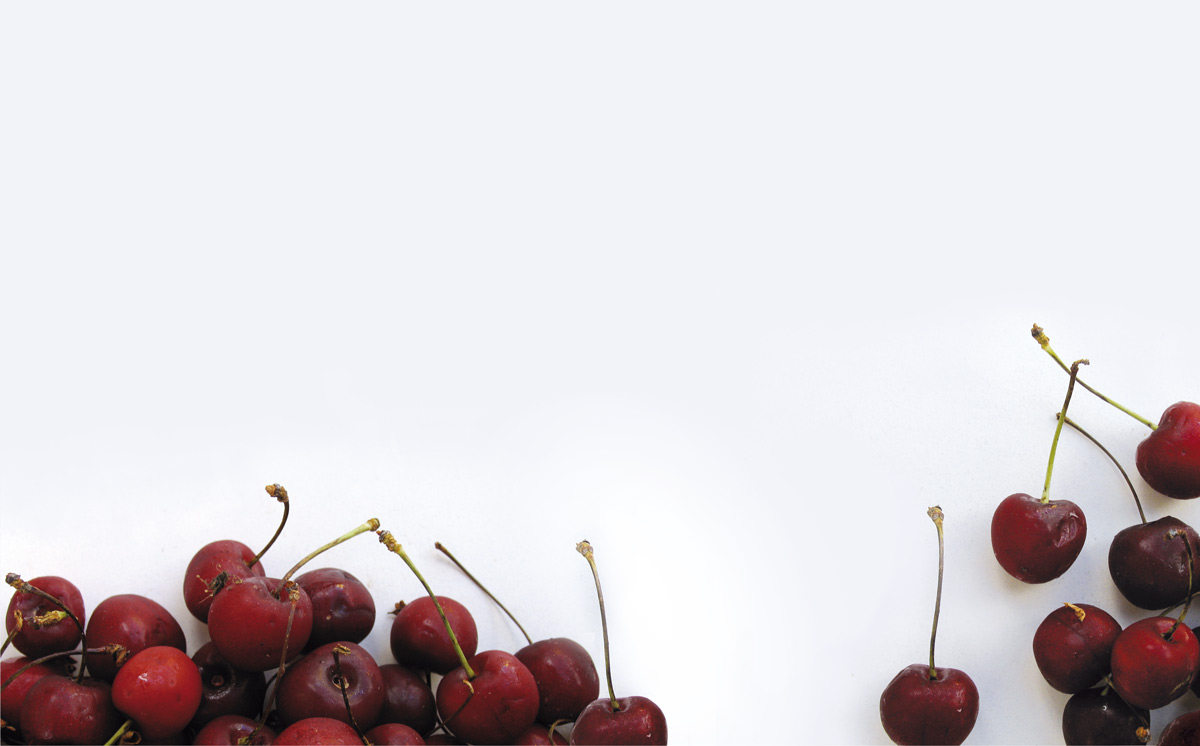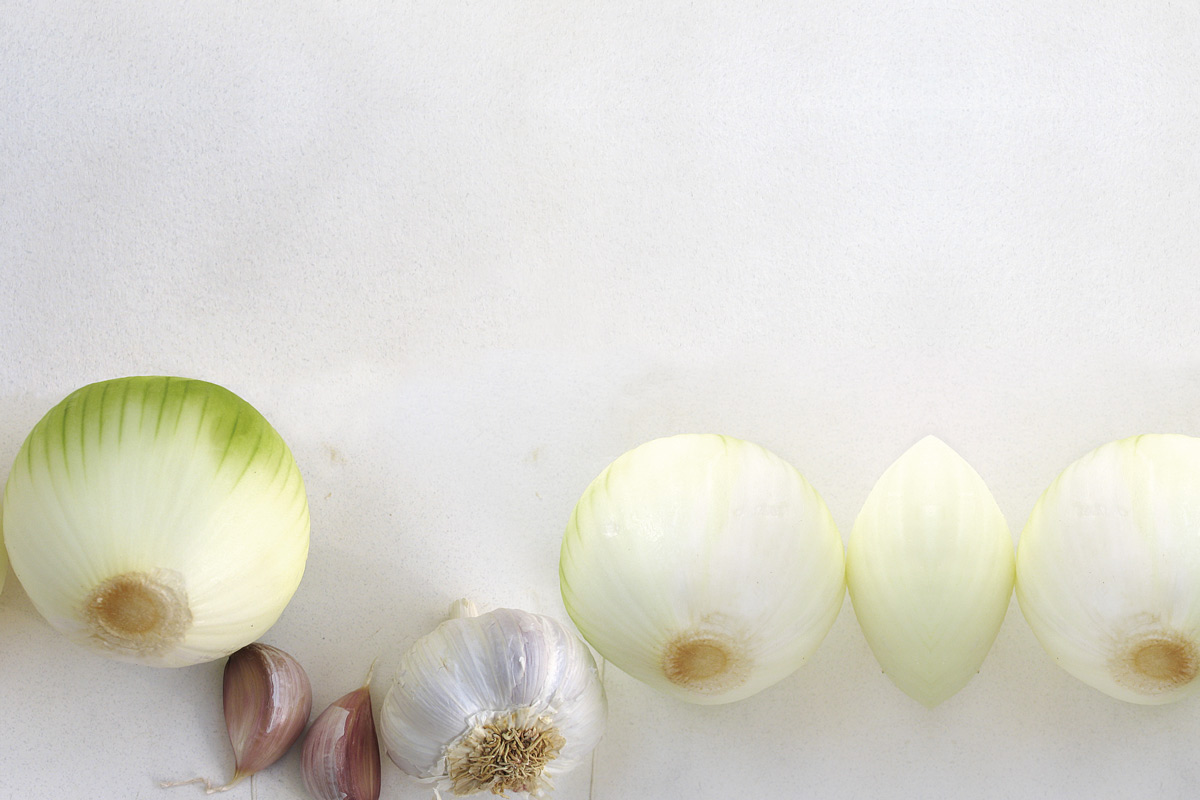Search
Fernando Sapiña
Institute of Materials Science. Scientific Park of the University of Valencia (Spain).
Algae can be sustainably grown in large quantities in seas and oceans. That is the reason why many believe that in the future they will constitute an important part of food consumption in the world, and that they will alleviate world hunger.
Deglutition is the physiological process through which the alimentary bolus is transported from the mouth to the stomach.
The secret of milk is that it is actually a very complex food, a living thing, which can be measured at micro- and nano- scale.
Manipulating the intestinal microbiota could be beneficial for our health. Yogurt would do so, although evidence on the health effects of consuming these types of microorganisms is very limited.
In addition to producing new flavours, scents and textures, fermentation allows to preserve large quantities of food surplus, since it creates an acidic or alcoholic medium that prevents the growth of microorganisms that spoil food.
From a culinary standpoint, mushrooms have a high level of free amino acids, among which there is glutamic acid, so they become flavour enhancers in many dishes.
An ice cream can be defined as a preparation which is solid or semisolid due to the action of freezing. We have two main groups: water-based products like slushies and sorbets, and dairy products made with milk and cream.
Truffles, like mushrooms, establish a symbiosis relationship with trees and shrubs.
Cherries, plums, peaches, apricots and almonds are all fruit of trees of the Prunus genus. Cherries, in particular, are the fruit of Prunus avium, and there are around 900 varieties in production worldwide.
Alliaceae is a subspecies of the genus Allium. Some of them are used as food or condiments. These plants have evolved to develop different protection mechanisms against predators, insects and microorganisms.
- 1
- 2

